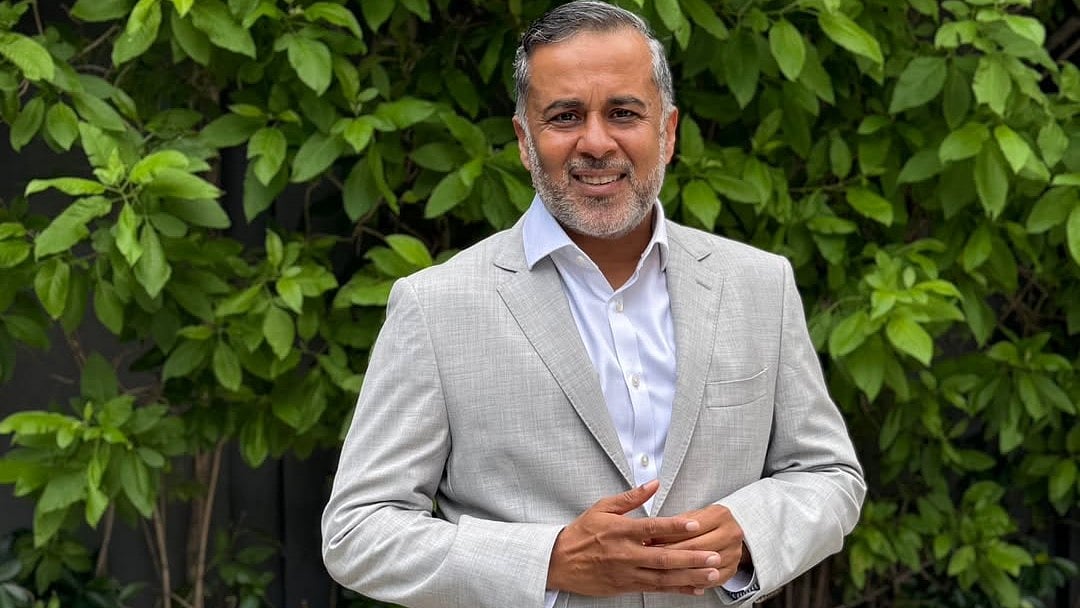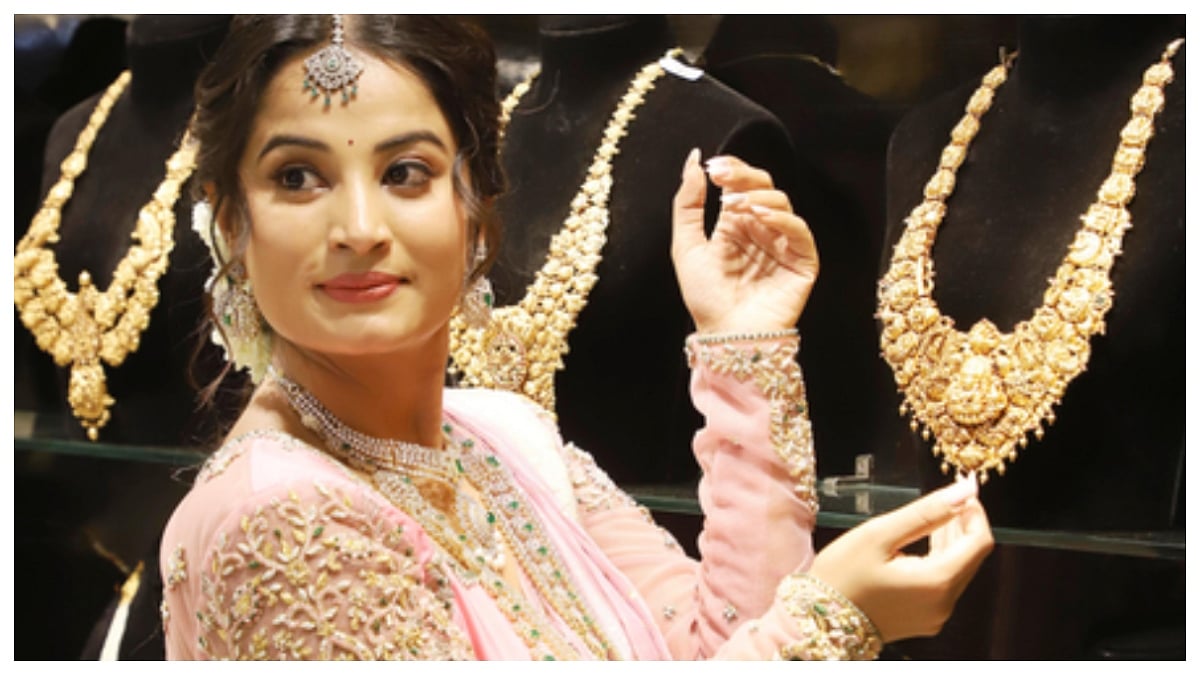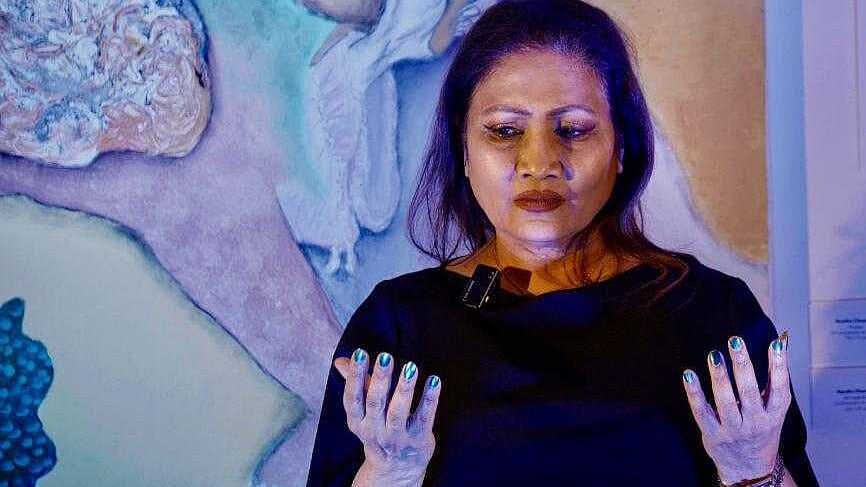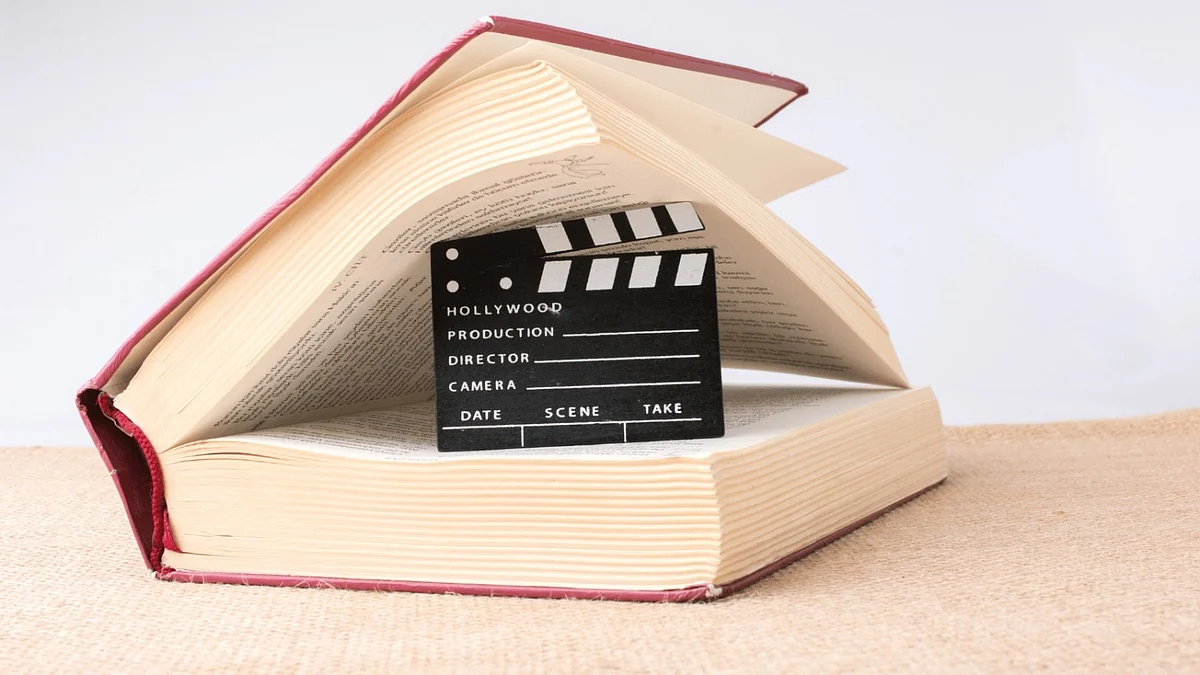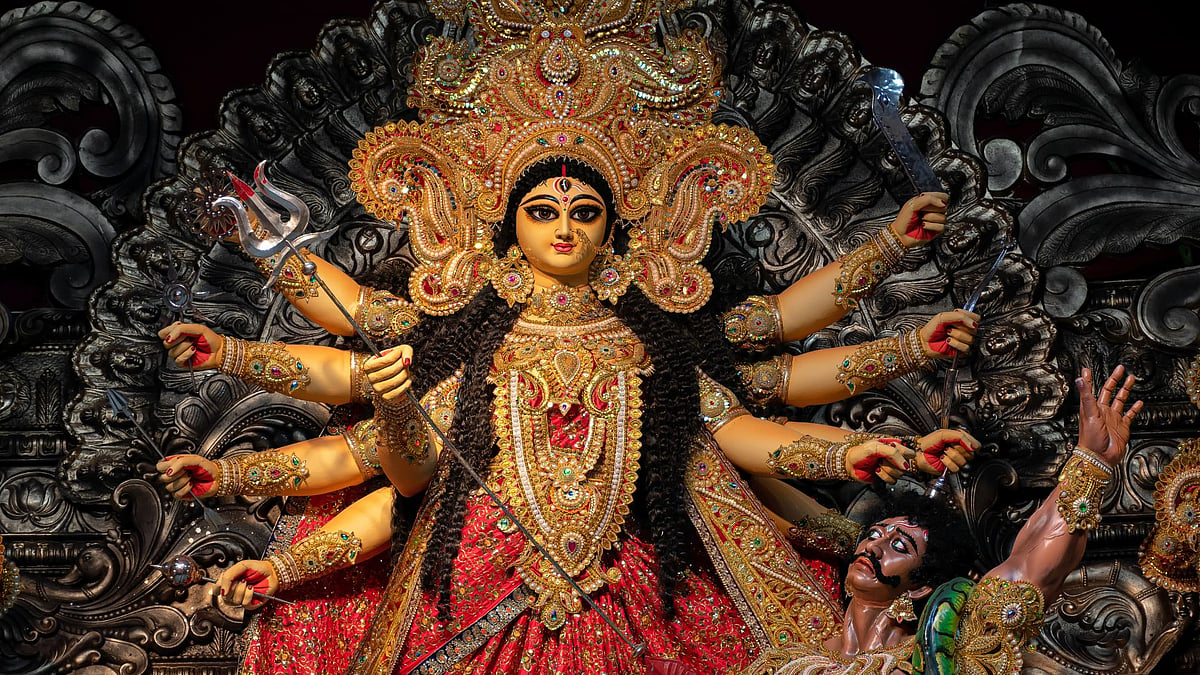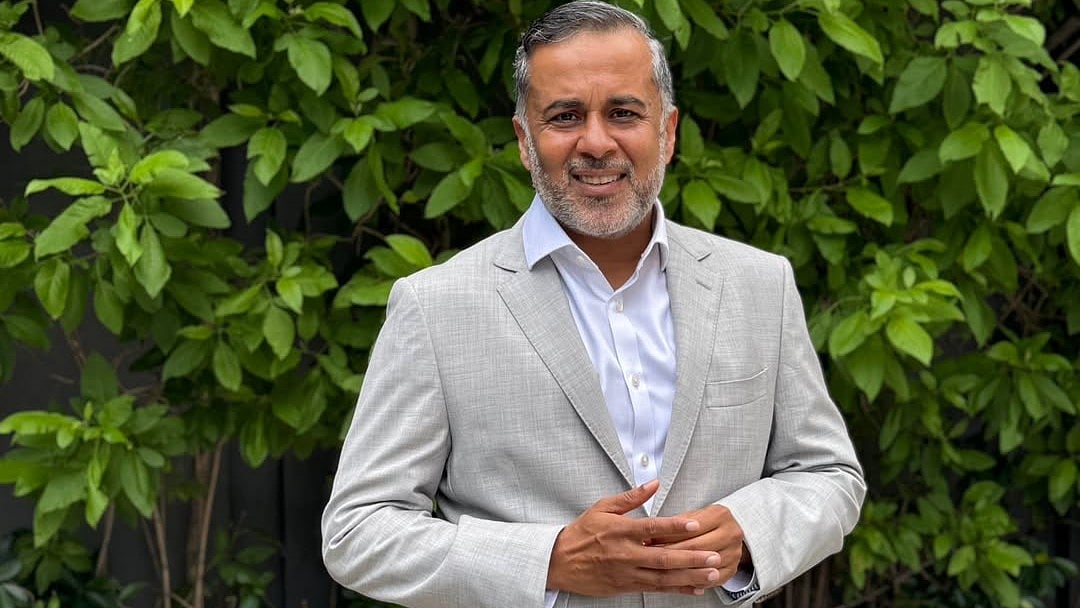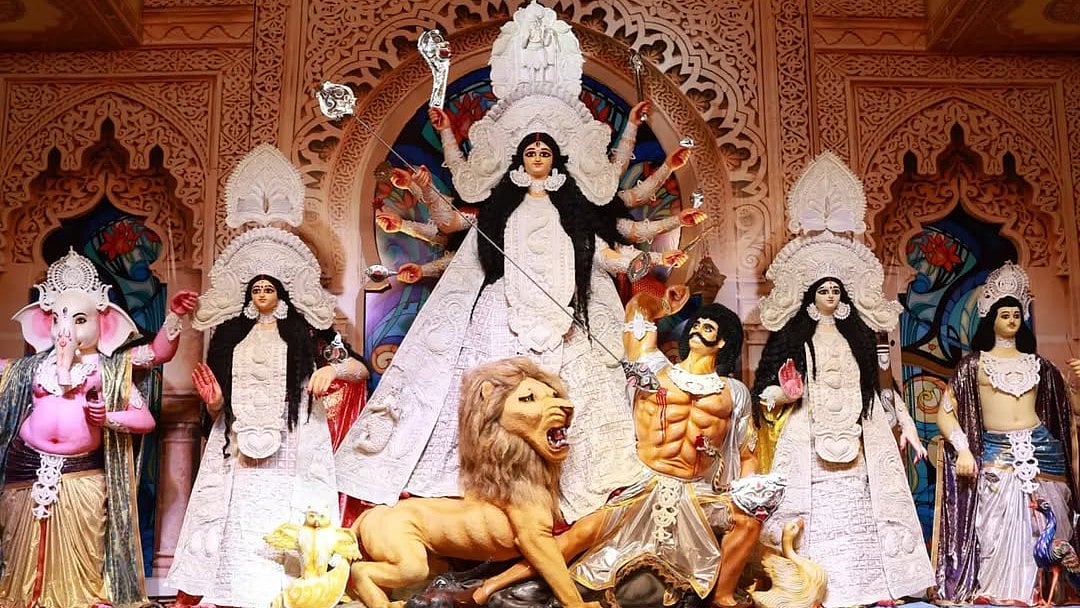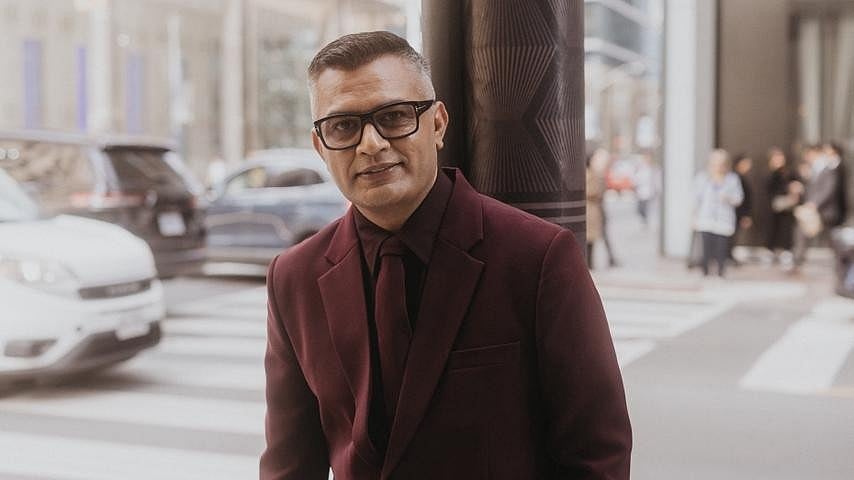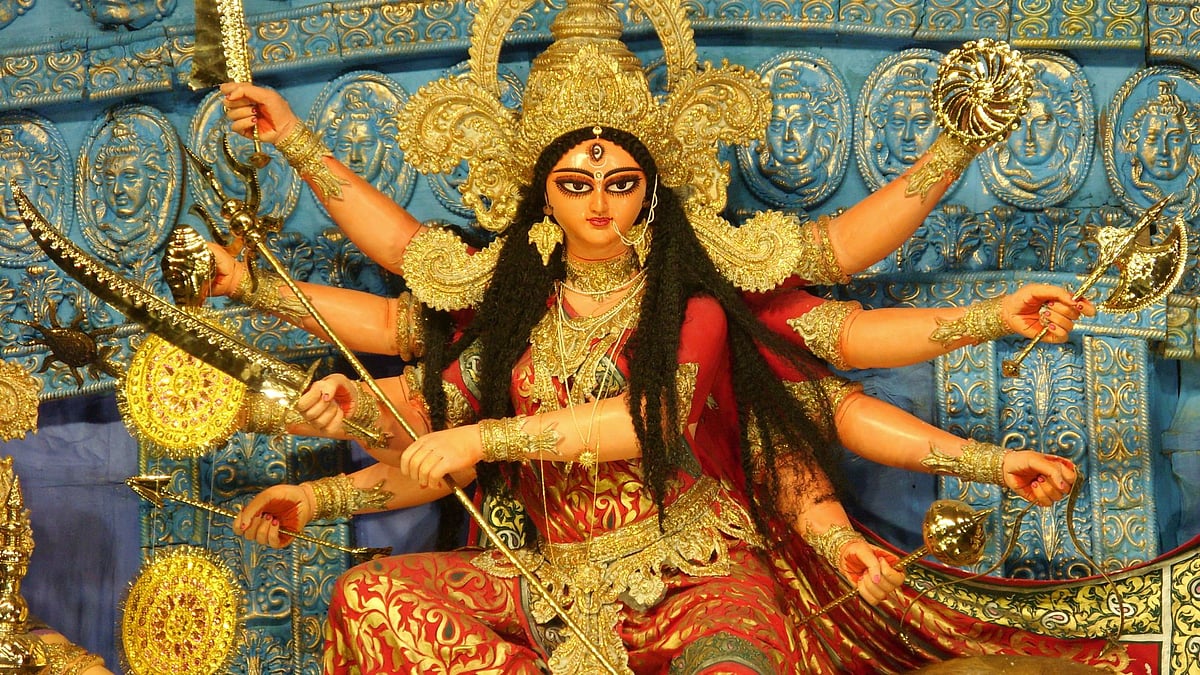Chetan Bhagat is back in the romance arena after nearly a decade, and this time, he’s stirring the pot. In 12 Years: My Messed-up Love Story, Bhagat dives into a layered, unconventional narrative that mirrors the complexities of modern relationships. From age-gap dynamics to morally grey love stories, in an interview with The Free Press Journal, the bestselling author discusses why romance in India often sparks debate, how novels face harsher scrutiny than films, and why love—even when messy—deserves to be explored without judgment. In this candid conversation, Bhagat opens up about creative freedom, societal perceptions, and what readers can truly take away from his latest novel.
Excerpts from the interview:
You’re returning to the romance genre after almost a decade. What drew you back?
Love never goes out of fashion. No matter how much we talk about careers, start-ups, or social media, people are still trying to figure out relationships. My readers often tell me, “We miss the love stories.” So I thought, let’s go back to romance—but with a fresher, more layered story that reflects today’s complexities.
Your earlier novels tapped into college life, youth aspirations, and relationships. What made you shift to a more unconventional, layered romance narrative?
Because my readers have also grown up. They are not just in colleges anymore; they’re in jobs, marriages, divorces, therapy sessions. Real life isn’t always boy-meets-girl-in-college. It’s messy, complicated, and still beautiful. That’s what I wanted to capture.
Did you hesitate before choosing such a bold subject, or expected the chatter it would spark on social media?
Honestly, I knew people would talk. But hesitation? Not really. Writers are supposed to push boundaries, not play safe all the time. And let’s be real—21 and 33 are both adults. It’s not scandalous, it’s just unusual. And unusual makes for good stories.
Do you feel that the outrage is less about the theme itself and more about how society views power dynamics in relationships?
Exactly. In India, we love to play moral police, especially when the story doesn’t fit the ‘ideal template’. People assume an older man must be manipulating, or the younger woman must be naïve. But relationships are far more complex. I would say wait for the book to come out.
Many readers see romance as an escape—whether it’s mafia kings, toxic love, or taboo settings. Do you feel writers should be free to experiment without being moral-policed?
One hundred percent. We don’t moral-police Shakespeare or Netflix, do we? If someone doesn’t like a book, they can simply not read it. But let’s give writers the freedom to explore human emotions in all their shades. Otherwise, we’ll only end up with safe, boring love stories that nobody remembers.
Age-gap romances have been written and celebrated in world literature—from Lolita (controversial in one way) to more modern love stories with mature themes. There are subgenres like mafia or dark romance—sometimes involving far more problematic themes—that are hugely popular and rarely questioned. Why do you think age-gap stories invite more criticism in India?
Because we’re still adjusting to the idea that women can choose for themselves. A 21-year-old woman deciding to be with a 33-year-old man shakes people up more than a don falling in love with his captive. Which is ironic, because the latter is way more problematic. But again, it’s about perception.
Popular streaming platforms often showcase romances with questionable moral grounds, and audiences love them. Do you think novels face harsher judgment compared to films or series?
Yes, because novels stay in your head longer. You binge a series in two nights and move on. A book makes you live with the characters for days, sometimes weeks. That’s why people scrutinise it more. But if we can accept morally grey stories on screen, why not in print?
Do you think romance writing, especially in India, needs to evolve to reflect modern relationships—age-gap, long-distance, divorced partners, or even morally grey dynamics?
Definitely. If romance writing doesn’t evolve, it dies. We can’t just recycle ‘boy meets girl, parents oppose, they run away’ forever. Modern love is full of complexity—apps, distance, careers, baggage, therapy, divorces. If literature doesn’t mirror that, it won’t feel real.
How do you balance the responsibility of being one of India’s most widely read authors with the creative freedom to push boundaries?
Responsibility doesn’t mean restriction. It means being thoughtful. I don’t write to shock people. I write to make them think, laugh, sometimes cry. If I can do that while also telling a story no one else dared to, then I feel I’ve done my job.
What’s the one thing you want readers to take away from this novel—beyond the social media noise?
That love doesn’t come in neat little packages. It’s messy, inconvenient, sometimes irrational—but it’s also the most human thing we have. Don’t judge it too quickly.
When can we expect the next Chetan Bhagat novel? Have you planned anything?
Writers don’t like to jinx it! Let this one release first. But yes, ideas are always brewing.
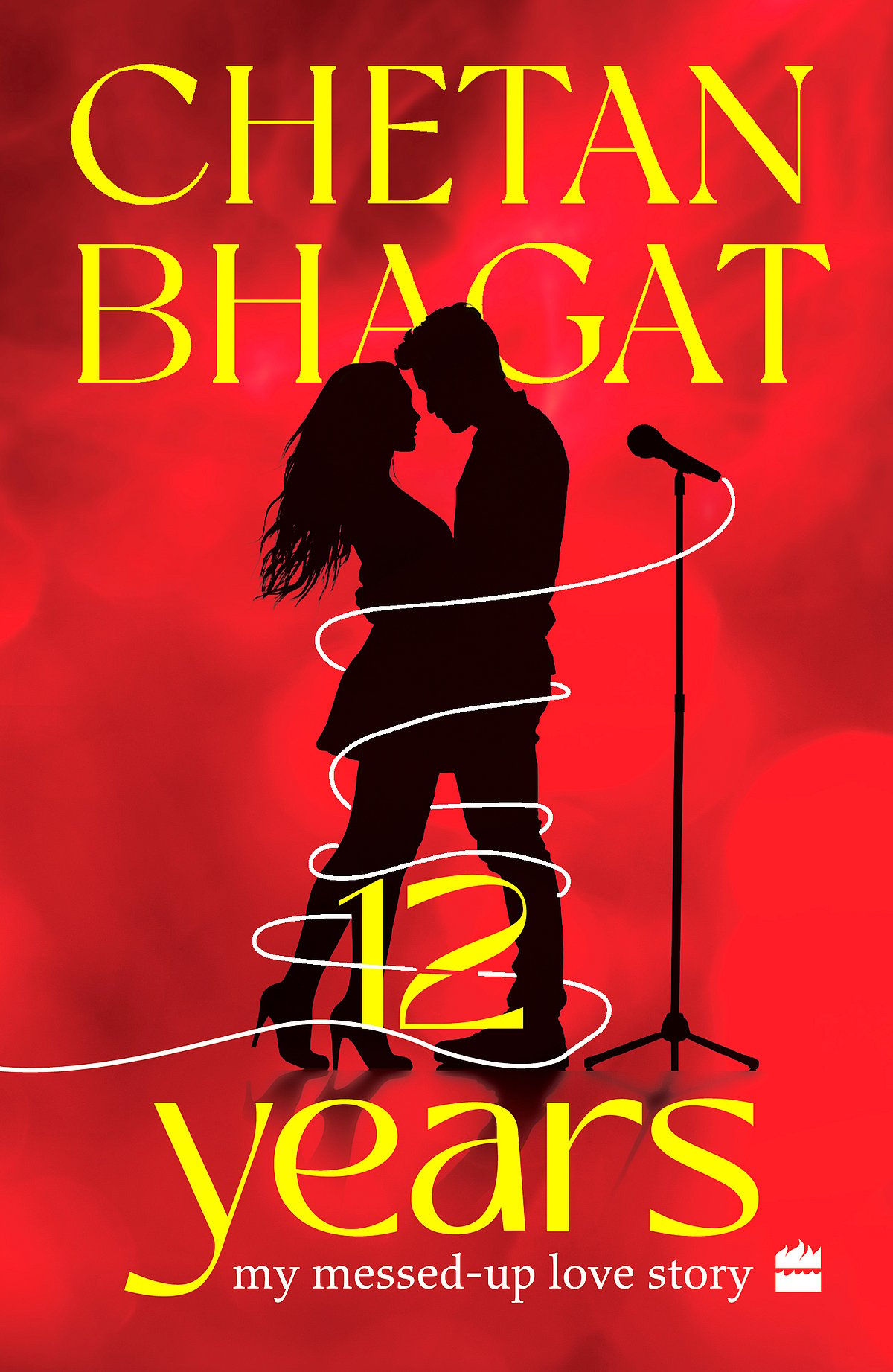
Rapid fire
An overrated novel according to you?
Anything people pretend to understand just to look intellectual. There's plenty! I don't want to take names.
What’s one cliché about romance novels you wish would just disappear?
The love at first sight moment. Takes a lot more than first sight to fall in love.
If you had to title your own love story, what would it be called?
The 1000 quests for true love (has to have a number you see)
Readers fall for your characters. Which fictional character have you secretly fallen for?
Elizabeth Bennet from Pride and Prejudice. Smart, witty, opinionated—what’s not to love?
If romance were a food, your new novel would be…
Aloo Parantha with pickle and dahi. Familiar yet surprising, comforting yet has that little spicy kick.
